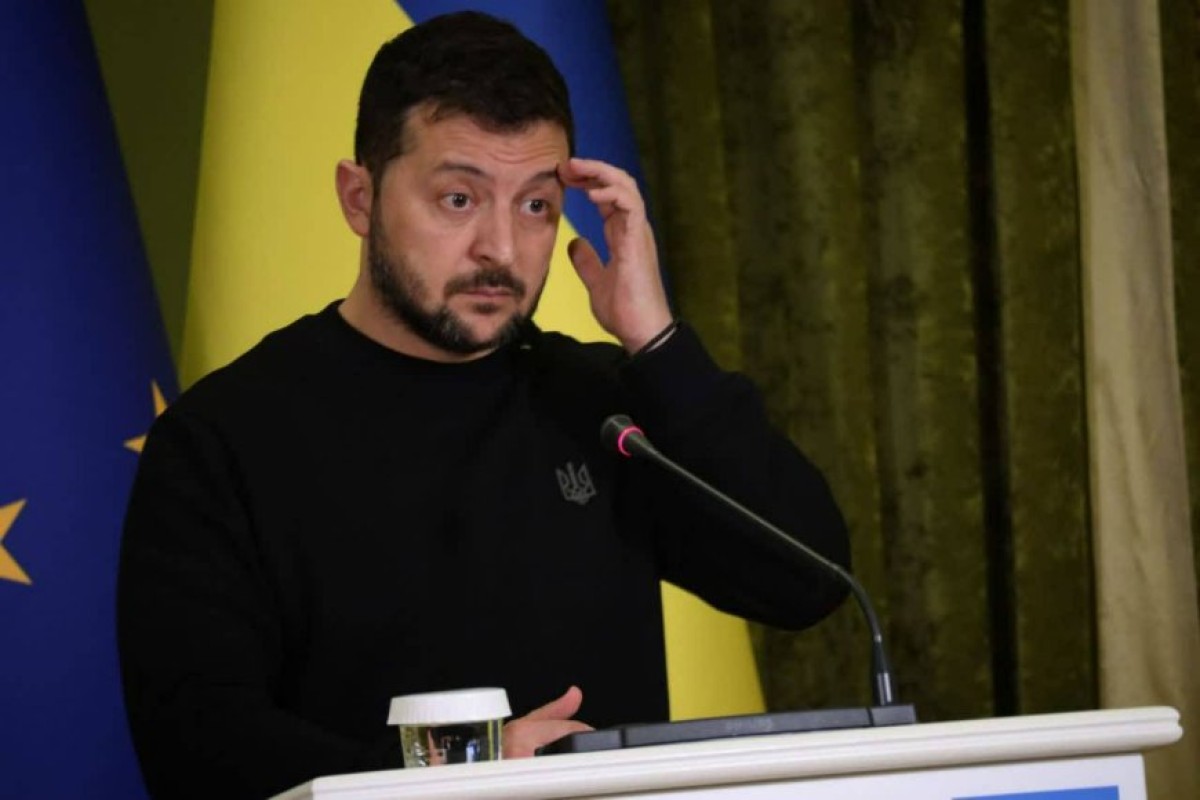 247
247
Ukraine's NATO Conundrum: A Resounding Victory for Russia?
Ukraine's long-standing interest in joining NATO traces back to the aftermath of the Soviet Union's collapse, spanning several decades. From the outset, Ukraine has been keen on aligning itself with the Western alliance, diligently striving to meet the demands set forth by NATO. However, it appears that this fervor is not reciprocated, particularly by the United States. The lack of enthusiasm stems from apprehensions surrounding the tensions between Russia and NATO, with the latter, led by the United States, seeking to avoid direct confrontations with Russia. This nuanced dynamic warrants a closer examination, considering the perspectives of both realist theorists and America's approach to mitigating the perceived Russian threat.
By: A. Mahdavi
_Proponents of realism, such as the prominent scholar John Mearsheimer, argue that when great powers feel insecure and vulnerable, they resort to unpredictable methods to eliminate this perceived threat. Mearsheimer contextualizes Russia's actions in the war with Ukraine within this framework, suggesting that if NATO had categorically announced Ukraine's non-membership, this conflict might have been averted. Yet, alongside this perspective, one must also acknowledge the concerns regarding Russia's perceived threat to the United States. Recognizing the potential to weaken Russia through an indirect struggle, the United States expedited NATO's eastward expansion, encroaching upon Russia's vital sphere and provoking a reaction. In tandem with this approach, America made substantial efforts to curtail Russia's power and embroil the country in a proxy war. Extensive logistical support and the sale of military weaponry to Ukraine were part of America's strategy, leading to some economic prosperity for the country. By skillfully maneuvering in the gray zone, the United States achieved certain desired objectives, but it did not anticipate the protracted nature of the conflict and Ukraine's lack of success on the battlefield. Moreover, the increased reliance of European nations on American military assistance due to the depletion of their own weapons stockpiles has bolstered America's prominence in transatlantic deliberations.
Currently, it appears that Ukraine has come to realize that its aspirations of joining NATO are nothing more than an unattainable dream. Volodymyr Zelenskyy's recent meetings with Western leaders have proven less fruitful than anticipated, as he expressed disappointment with the outcomes of his latest trip to the United States. Given Ukraine's significance as a strategic space in Russian geopolitics, Russia has consistently taken this matter seriously. Consequently, Ukraine must chart a new course for itself, seeking to become a neutral country and region by securing the necessary guarantees of security. A model akin to Finland's historical approach could be considered. Western countries and the United States, too, are seemingly inclined to end this conflict in a manner that maximizes benefits for all parties involved. Western experts posit that this resolution may ultimately entail the annexation of a portion of Ukraine's territory by Russia. This outcome would undoubtedly constitute a resounding victory for Russia and a devastating defeat for NATO and its allies.
Furthermore, the United States recognizes that its failure to provide tangible support to Ukraine, coupled with a reduction in aid and assistance, would inflict a significant blow to its international prestige and standing. Consequently, it is likely that allies and neutral nations embroiled in this conflict will gravitate toward seeking agreement and negotiation with Russia. Consequently, the pursuit of Ukraine's NATO membership, championed by certain countries and Ukrainian politicians, has proven to be a misguided endeavor, leading only to war and destruction. While there was a belief that the United States endorsed this idea, it has become evident, albeit belatedly, that America's primary concern is self-preservation and a reluctance to risk a direct war with a nuclear superpower. The present moment presents an opportune juncture for Ukraine to acknowledge that NATO does not guarantee its security and adopt a new strategic approach. By engaging in negotiations with Russia, backed by political support from the West, Ukraine can extricate itself from the perilous situation it currently finds itself in.
Ukraine's future lies in embracing a pragmatic and balanced strategy that accounts for the complexities of its geopolitical position. The path forward necessitates a delicate equilibrium between maintaining regional stability, safeguarding national interests, and pursuing mutually beneficial relations with both Russia and the West. Only through astute diplomacy and a reevaluation of its priorities can Ukraine navigate the treacherous waters it currently faces and forge a more secure and prosperous future for its people.
 247
247
Comment
Post a comment for this article